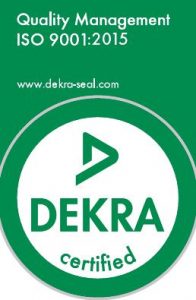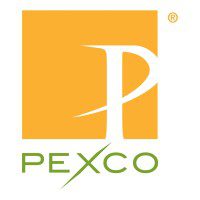Vespel vs Torlon – Which material is best for my application?
January 12, 2023 | Blog, Capabilities Blogs, Materials Blogs When it comes to extremely high-temperature applications, engineered fluoropolymers are an optimal choice for reliability and performance. While there are several engineered resins available on the market, for the most demanding applications, project leaders often request Vespel® or Torlon®. Understanding the differences between these two resins, the production methods involved and the labor costs associated with the materials will help you determine which one is correct for your project.
When it comes to extremely high-temperature applications, engineered fluoropolymers are an optimal choice for reliability and performance. While there are several engineered resins available on the market, for the most demanding applications, project leaders often request Vespel® or Torlon®. Understanding the differences between these two resins, the production methods involved and the labor costs associated with the materials will help you determine which one is correct for your project.
Vespel® vs. Torlon®
Vespel® is a polyimide plastic that is often used in high-heat environments that cause thermoplastic materials to lose their mechanical properties. It is one of the most dynamic engineering resins available and can be found in hostile and extreme environments, such as oil & gas, semiconductors, and aerospace applications.
With the ability to perform at temperatures of 500ºF and to endure temperatures up to 900ºF for limited periods, Vespel® has superior thermal stability. This material is also known for excellent friction and wear characteristics, being extremely creep resistant, and having a high resistance to chemicals. Vespel® is a lightweight alternative to metal, offering high tensile (8,750 psi) and flexural (16,000 psi) strength at one-half the weight of metal.
Characteristics of Vespel® include:
• High impact resistance
• Extremely high purity
• Minimal electrical and thermal conductivity
• Low water absorption
• Radiation resistance
Torlon® is a high-performance engineered thermoplastic that is difficult to injection mold, can readily hold tight tolerances, and is easy to machine. This polyamide-imide plastic offers exceptional toughness, even when operating in continuous temperatures of 500ºF. It excels in chemically harsh environments and is stronger at 400°F than most engineering resins at room temperature. Torlon® parts are commonly used in aerospace, chemical processing, and bearings.
Torlon® features:
• High dimensional stability
• Low creep
• High thermal endurance
• Tensile strength of 27,847 psi
• Flexural strength of 35,390 psi
Injection Molding is Our Specialty
Whether your application needs extreme thermal resistance, purity, thermal conductivity or exceptional toughness, our expert staff can assist in the material selection that will hold tight tolerances and meet all your production specifications.
We have developed proprietary molding and tooling processes enabling the injection molding of otherwise complex parts. Our expertise in fluoropolymers and injection molding can assist you in selecting the correct material for your application.
For more information on Vespel® or Torlon® please contact Rich Reed, our Vice President of Sales and Marketing, at (513) 321-8404 or [email protected].






